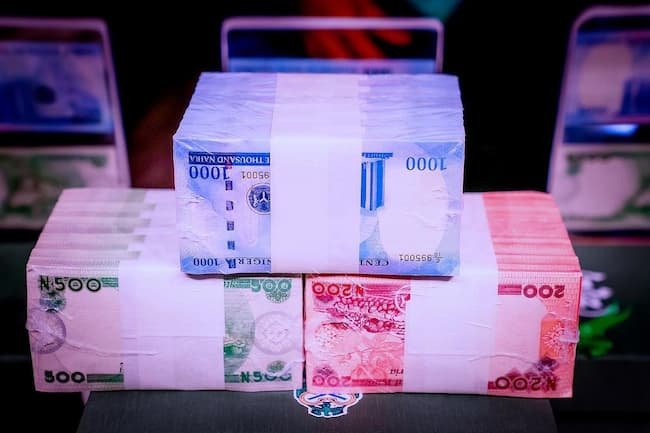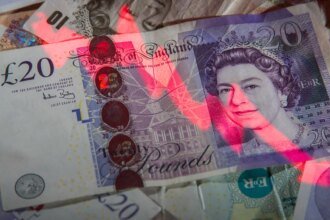Nigeria’s local currency, the naira, made significant gains against major global currencies—the U.S. dollar, British pound sterling, and the euro—during the latest trading session at the official foreign exchange window, according to figures published by the Central Bank of Nigeria (CBN).
The naira strengthened against the greenback, closing at ₦1600.43 from the previous rate of ₦1606. This upward shift underscores renewed investor confidence in local assets. Against the euro, the domestic currency rose sharply by ₦28, settling at ₦1780 compared to the earlier value of ₦1808.
Performance against the British pound was also strong, with the naira appreciating by ₦20 to close at ₦2114.02, up from ₦2134.72 previously. Analysts pointed to improved forex inflows into the interbank segment, largely fueled by foreign portfolio investment and export revenue, as a key driver of the day’s rally.
Data from the spot FX window revealed that the naira appreciated modestly by 36 basis points (bps), closing at $/₦1,600.4396, with intraday trading restricted to a narrow band between $/₦1,595 and $/₦1,605.05. The appreciation followed news of a temporary easing of U.S.-China trade tariffs and a parallel boost in global crude prices by over 3%, which spurred interest in Nigerian assets.
Amid global economic uncertainties, Nigeria’s external reserves continued their upward trend, now exceeding $38 billion. Oil prices, a critical foreign exchange driver for the country, also recorded fresh gains, with U.S. crude increasing by 93 cents to $61.95 per barrel and Brent crude climbing $1.05 to close at $64.96. Earlier in the session, both benchmarks had surged nearly 4%.
Conversely, the commodities market experienced a drop in gold prices, as investor appetite for risk assets increased. Spot gold dropped 3% to $3,225.28 per ounce, while U.S. gold futures fell by 3.5% to $3,228. The sell-off followed the U.S.-China tariff announcement, which dampened demand for traditional safe havens.
Volatility in oil prices is expected to persist, analysts at AIICO Capital Limited warned, citing the aggressive production ramp-up by OPEC+ and uncertainty surrounding U.S. economic policy as contributing factors.





















